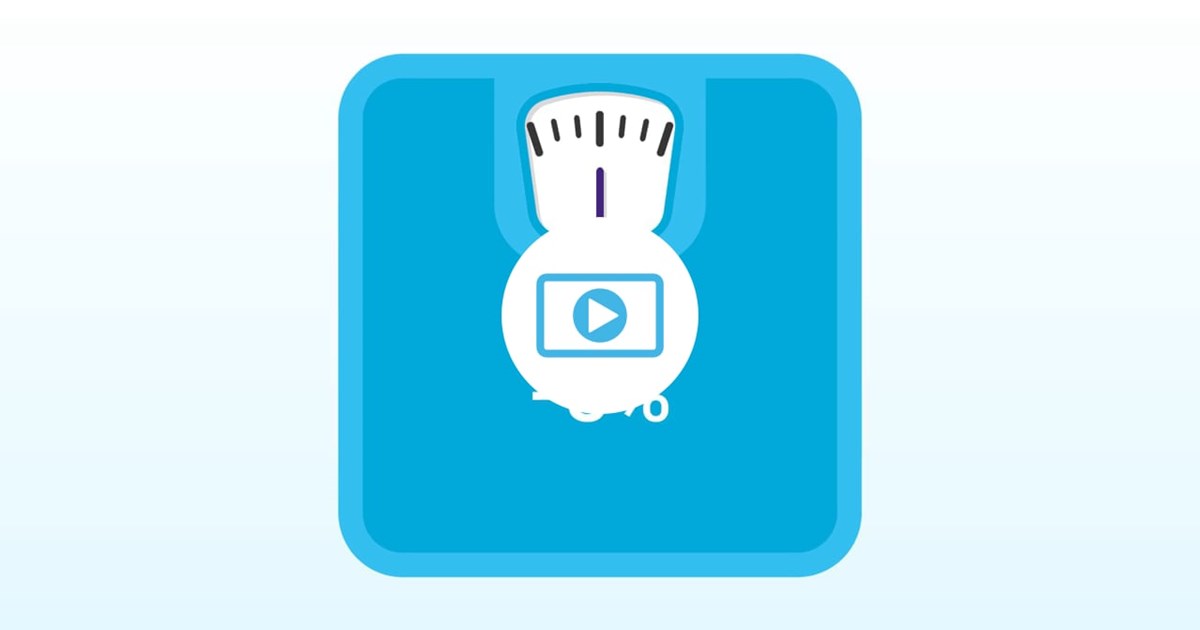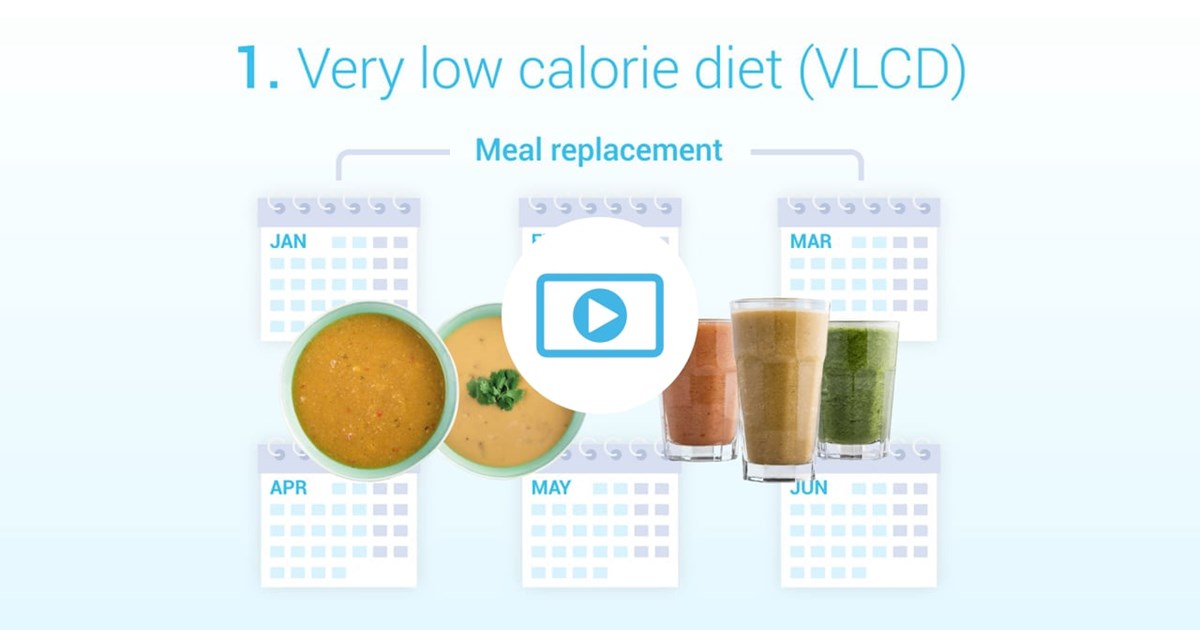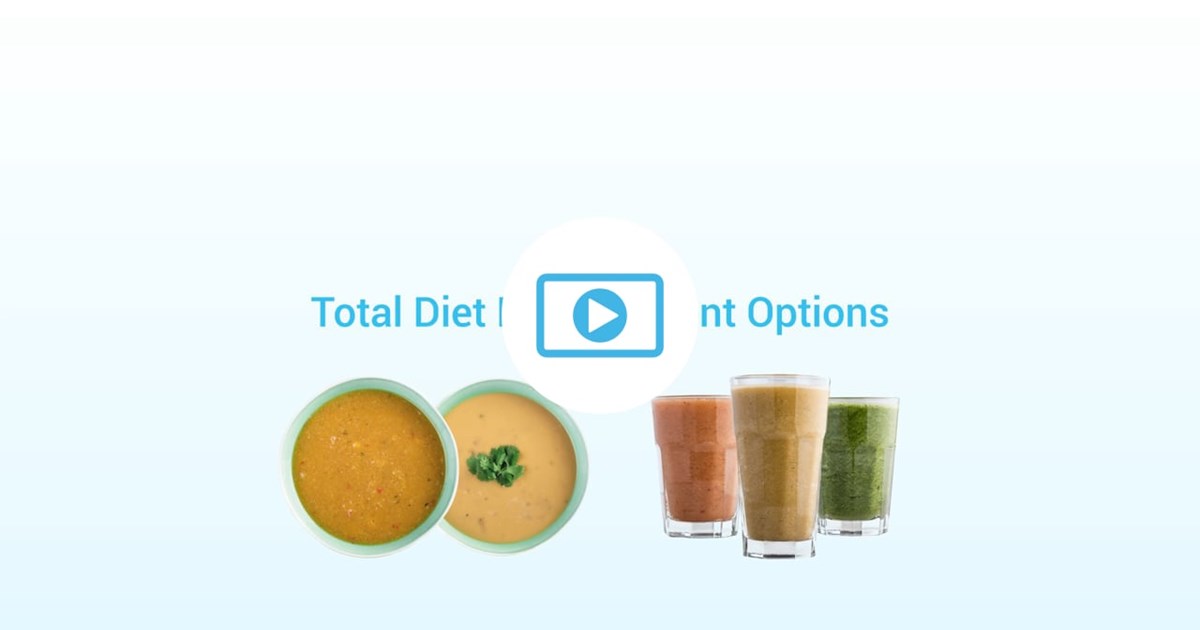Very low calorie
There is not a one-size-fits all approach when it comes to making food choices. It is important that people with diabetes, and those at risk, are supported to choose the right foods.
| Any websites and apps we suggest should never replace advice from your doctor, nurse or dietician. You must always get medical help and advice for any medical condition, diagnosis, or treatment. |
Putting Type 2 diabetes into remission | #DiRECT
Very low calorie diets and diabetes have recently hit the headlines since the “DIRECT” study by Newcastle University found that a very low calorie diet was effective in reversing the symptoms of type 2 diabetes.
Very low calorie diets are regarded as extreme diets and anyone interested in trying the diet should consult their doctor or specialist who can assess its suitability for you.
- Very low calorie diets are defined as those with a calorie intake of 1,000 calories or less for 12 weeks and often rely on commercial meal-replacement products such as diet milkshakes, soups or bars.
- Very low calorie diets should only be followed under supervision, ideally from a registered dietitian, and may require medical monitoring.
- This can be achieved through carefully creating a weight loss plan with a support of your diabetes healthcare team

Is the diet safe to follow?
- Very low calorie diet plans should not be followed by children, or pregnant or breastfeeding mothers.
- If you are on insulin, or medication, such as sulphonylureas or glinides, a very low calorie diets plan could significantly increase the risk of hypos.
- You should always inform your Diabetes Healthcare team at your GP practice if you are changing your diet plan. They can help you adjust your medication.
British Dietetic Association verdict
- Rapid weight loss can be motivating, but it's unsustainable. People often regain weight after the diet and, overall, research suggests there's little difference between a Very Low Calorie Diet (VLCD) and conventional weight loss after 1 to 2 years.
- A VLCD requires regular support and counselling from a healthcare professional and is very effective with people who have struggled to lose weight for years.
- A VLCD that involves eating 1,000 calories or fewer should not be followed for more than 12 continuous weeks.
- One issue with very low calorie diets is ensuring you get enough essential vitamins. A dietitian can help you to ensure your nutritional needs are best met whilst following the diet.
Free resources
Supporting resources
The Newcastle diet
Cambridge weight plan
Slim Fast
Carbs and Cals very low calorie meal plans
Low calories recipes
How can I find a registered dietician or nutritionist?







